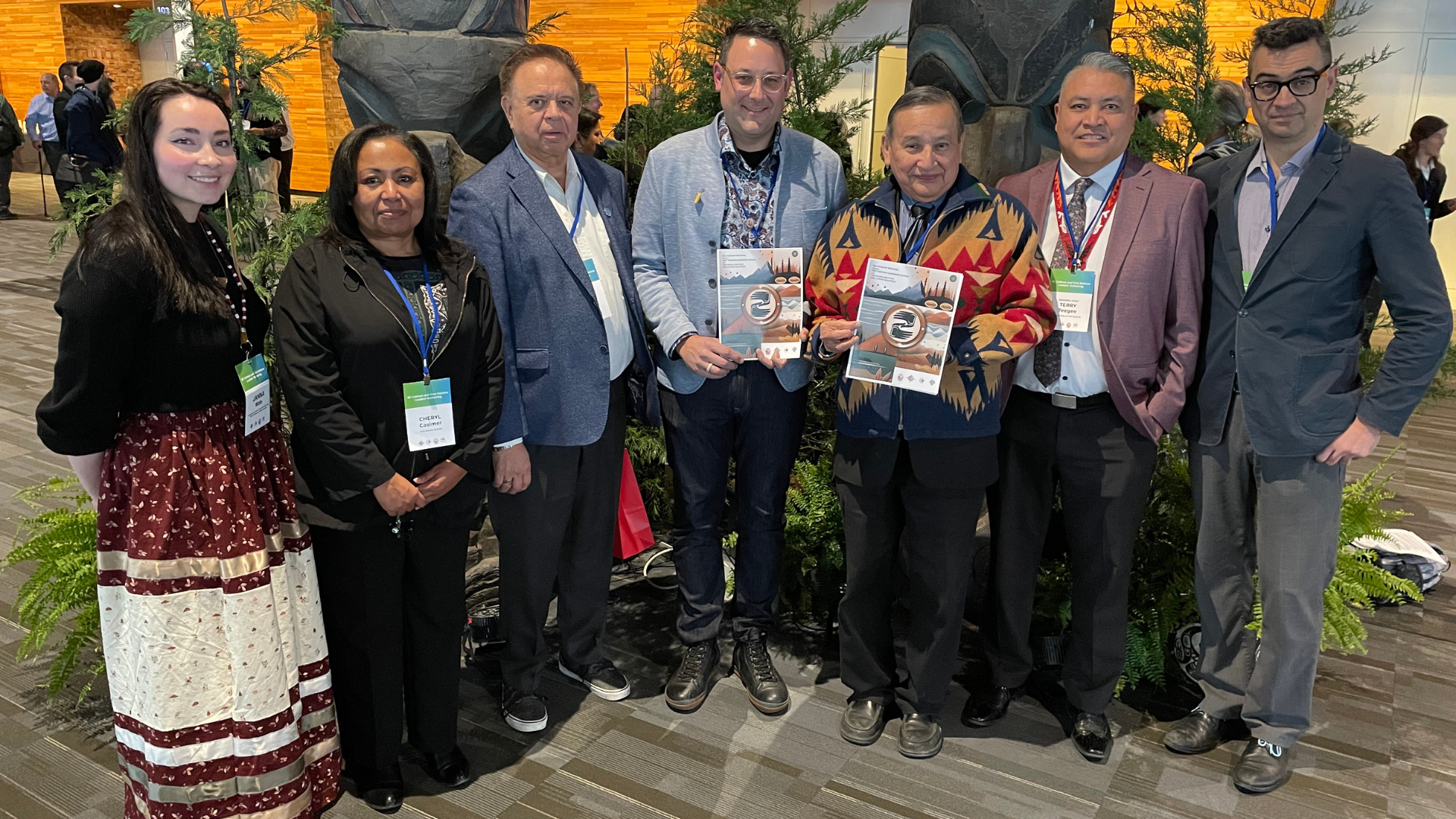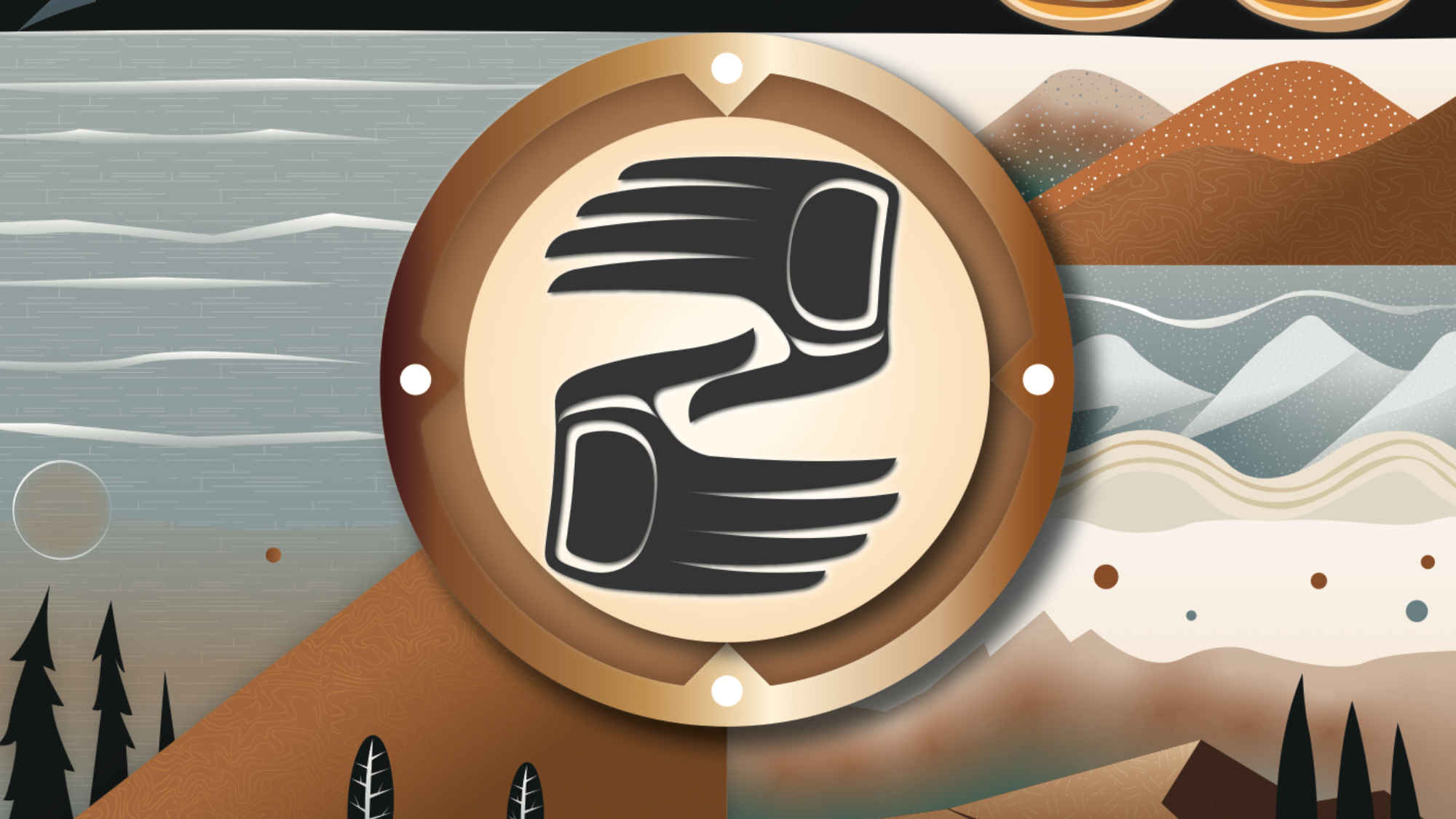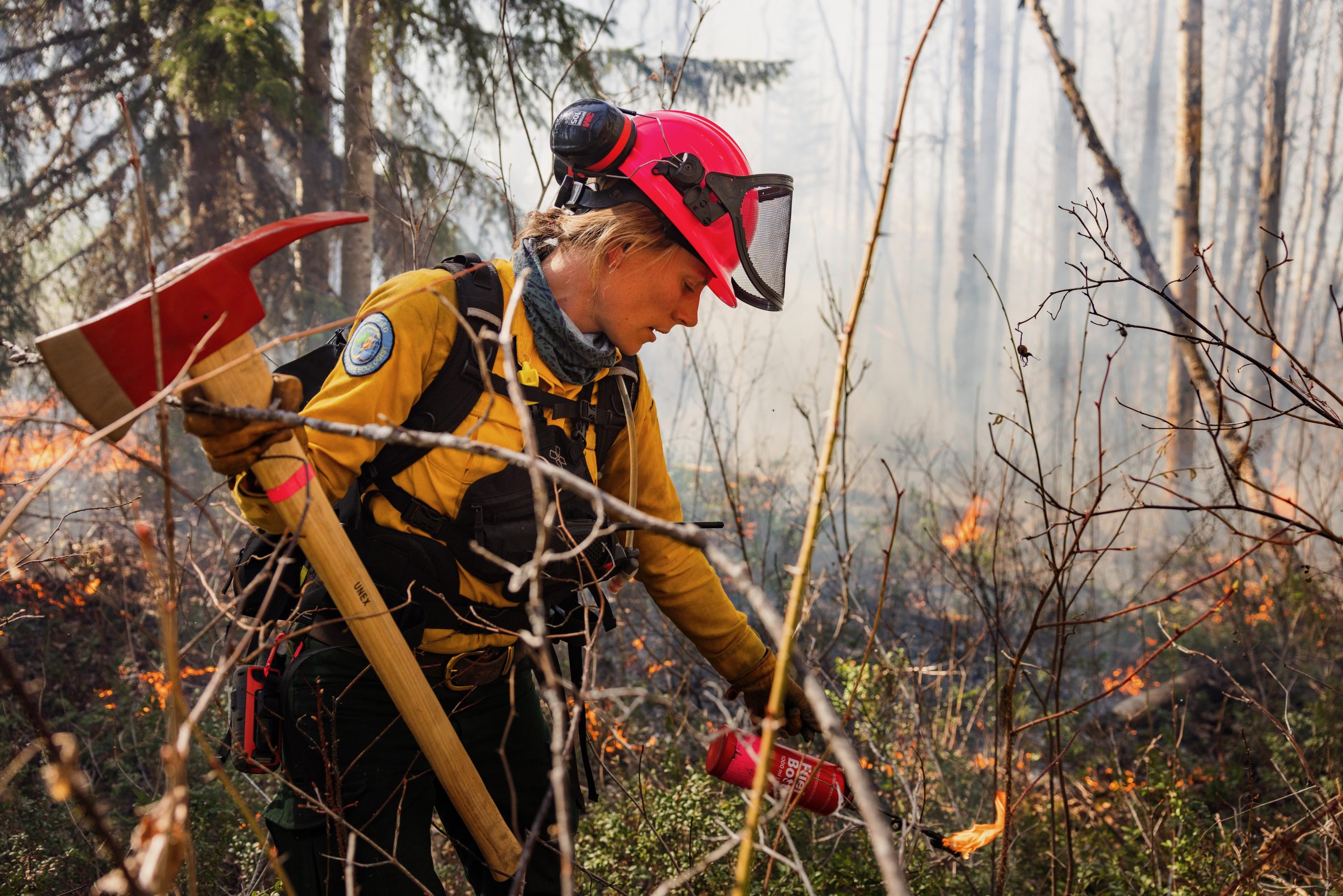On a hotter planet, how do we co-exist with wildfire?
Across the globe, climate change is increasing the frequency of extreme wildfires and subsequent release of greenhouse gases into the atmosphere.
British Columbia is on the frontlines of this fire story, where in recent years millions of hectares have burned, millions were affected by wildfire smoke, and thousands were displaced. Many people lost their homes, and ecosystems already under threat were disrupted.
B.C. is acting as a living lab where challenges and solutions are being confronted, and researchers, practitioners, and communities are coming together to ask: how do we co-exist with wildfire? Transdisciplinary research, collaboration across Western and Indigenous knowledges, and commitment to decolonial landscape management practices are key.
As part of the Royal Society of Canada’s 2024 Celebration of Excellence and Engagement, the Pacific Institute for Climate Solutions presented “Sparking A New Narrative: The Future of Climate and Wildfire”.
You can now watch the entire session above.
The session featured PICS-funded fire ecologist Dr. Kira Hoffman and was moderated by PICS Executive Director Dr. Ian Mauro, and brought leading researchers and practitioners together to share their insights and reflections. This interactive dialogue focused on the importance of ‘good fire’ on the landscape and the shifts in perspective, policy, and planning that is required to create a new narrative that allows British Columbia to collectively navigate risk, recovery, and the future of climate and wildfire.


